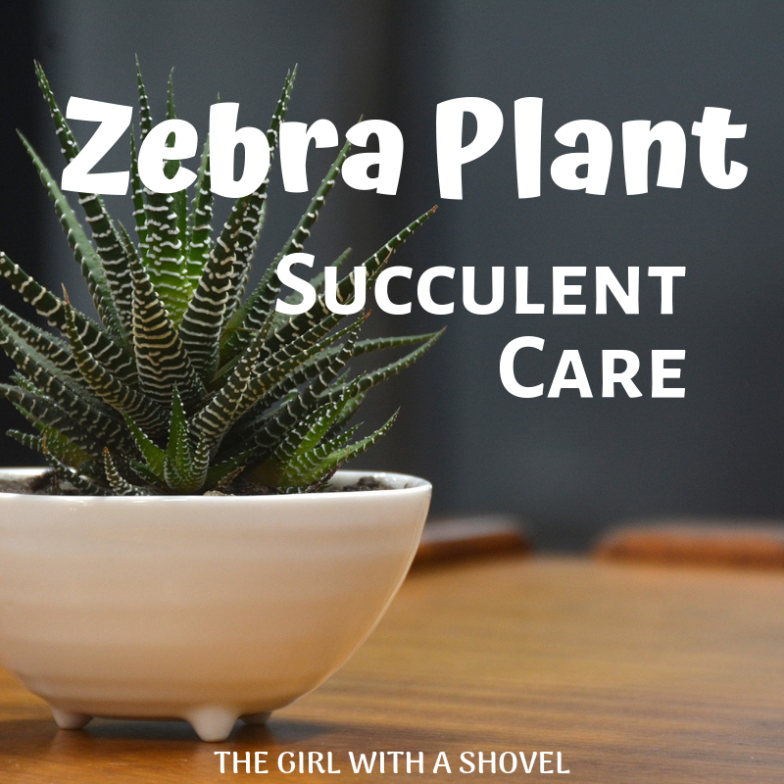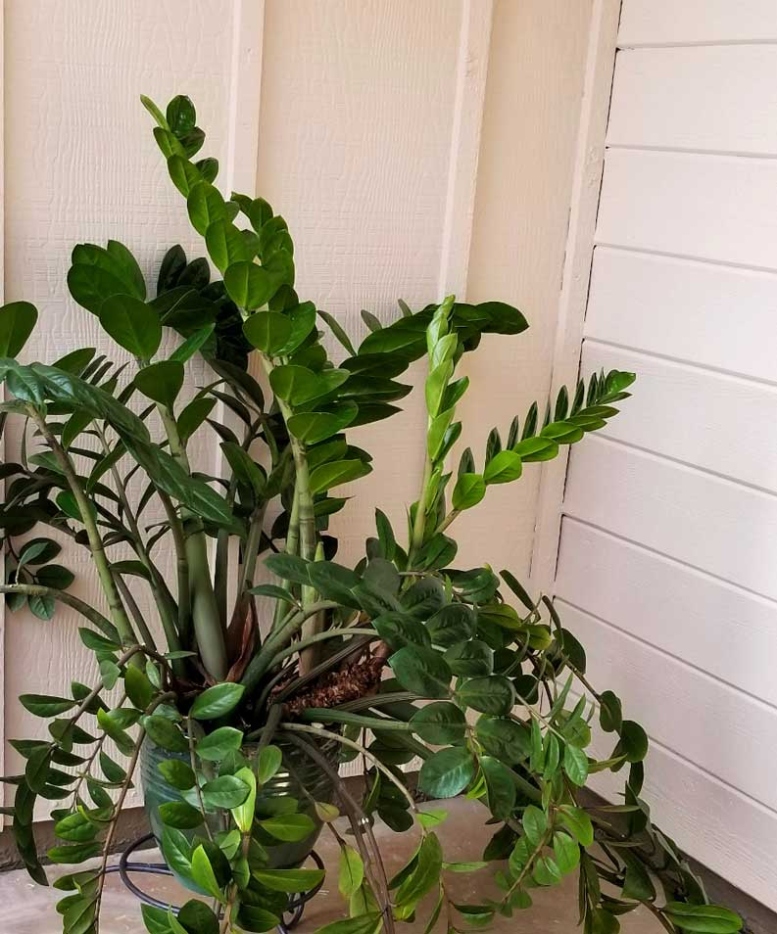How to Begin a Plant-Based Diet
What do you mean by a plant-based diet?
A plant-based diet is a way of eating that focuses on foods primarily derived from plants. This includes fruits, vegetables, nuts, seeds, grains, and legumes. People who follow a plant-based diet typically avoid or limit animal products such as meat, dairy, and eggs. Plant-based diets are known for their health benefits, including lower risk of heart disease, diabetes, and certain types of cancer.
How to transition to a plant-based diet?
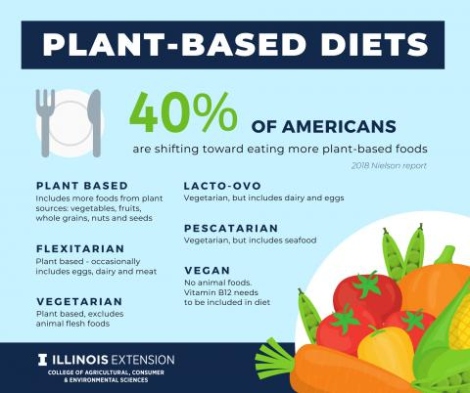
Image Source: illinois.edu
Transitioning to a plant-based diet can seem overwhelming at first, but with the right approach, it can be a smooth and enjoyable process. Here are some steps to help you begin your plant-based journey:
1. Educate yourself
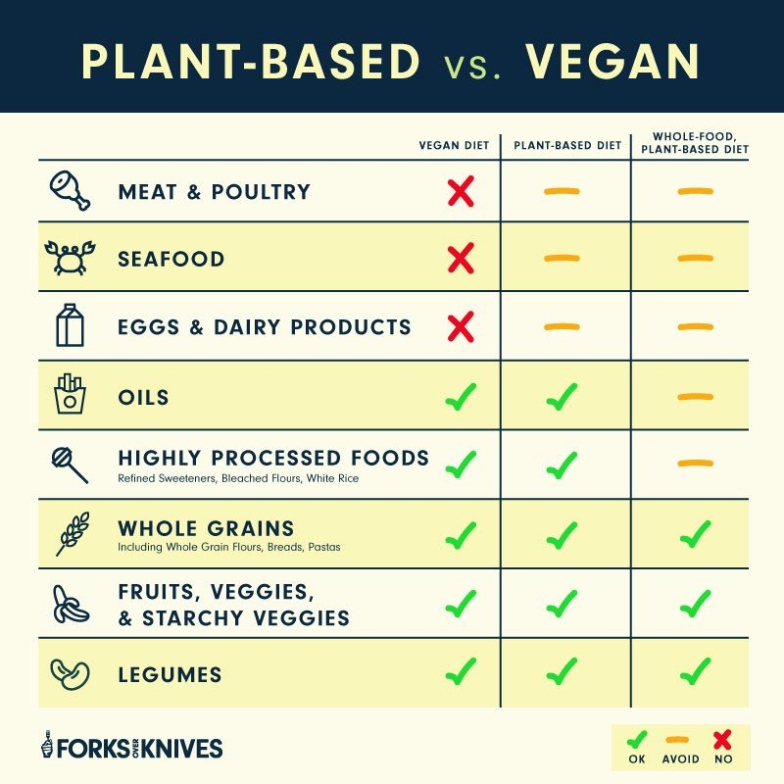
Image Source: forksoverknives.com
Start by learning about the benefits of a plant-based diet and the various plant-based foods available to you. Understanding the reasons behind your dietary choices can help you stay motivated and committed.
2. Start slowly
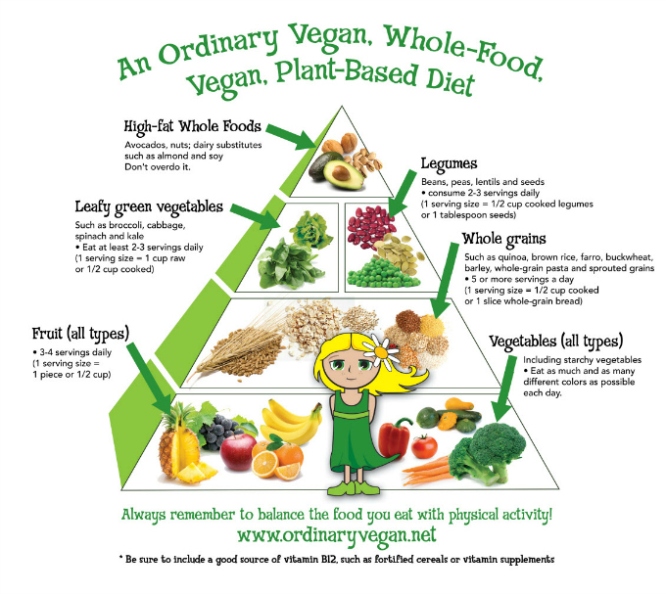
Image Source: ordinaryvegan.net
It’s okay to take your time transitioning to a plant-based diet. Start by incorporating more plant-based meals into your routine and gradually reducing your intake of animal products. This gradual approach can help you adjust to the new way of eating without feeling overwhelmed.
3. Experiment with new Recipes
One of the most exciting parts of transitioning to a plant-based diet is trying out new recipes and flavors. Look for plant-based cookbooks, websites, and social media accounts for inspiration and ideas. Experiment with different ingredients and cooking techniques to keep things interesting.
4. Focus on whole foods
While plant-based convenience foods are available, it’s important to focus on whole, unprocessed foods as much as possible. Fruits, vegetables, whole grains, legumes, nuts, and seeds should form the foundation of your plant-based diet.
5. Stay prepared
Planning ahead is key to success on a plant-based diet. Stock your kitchen with plant-based staples, such as beans, lentils, quinoa, and a variety of fruits and vegetables. Prepping meals in advance can also help you stay on track during busy days.
6. Listen to your body
Pay attention to how your body feels as you transition to a plant-based diet. You may need to make adjustments to ensure you’re getting all the nutrients you need. Consulting with a registered dietitian can help you create a balanced plant-based meal plan.
7. Stay flexible
Remember that a plant-based diet doesn’t have to be all or nothing. It’s okay to occasionally enjoy your favorite animal-based foods if that’s what feels right for you. The goal is to find a way of eating that makes you feel good physically and mentally.
Conclusion
Embarking on a plant-based diet can be a rewarding and transformative experience. By taking small steps, staying informed, and listening to your body, you can successfully transition to a plant-based way of eating and reap the many health benefits it offers.
FAQs
1. Is a plant-based diet suitable for everyone?
A plant-based diet can be suitable for people of all ages and life stages, as long as it is well-planned to meet individual nutrient needs.
2. Will I get enough protein on a plant-based diet?
Yes, plant-based sources of protein such as beans, lentils, tofu, and tempeh can provide all the essential amino acids your body needs.
3. Can I still enjoy my favorite foods on a plant-based diet?
Absolutely! Many traditional dishes can be easily adapted to be plant-based by using plant-based alternatives.
4. Will I lose weight on a plant-based diet?
Weight loss can be a common side effect of transitioning to a plant-based diet, especially if you focus on whole, unprocessed foods.
5. Is a plant-based diet expensive?
Plant-based diets can be affordable, especially if you choose seasonal produce and bulk grains and legumes. Planning meals and cooking at Home can also help save money.
6. Can I still build muscle on a plant-based diet?
Adequate protein intake, along with strength training, can help you build and maintain muscle mass on a plant-based diet.
7. How do I address cravings for animal products on a plant-based diet?
Cravings for animal products are normal, especially in the beginning. Exploring plant-based alternatives and finding satisfying plant-based meals can help curb these cravings over time.
how to begin a plant based diet








